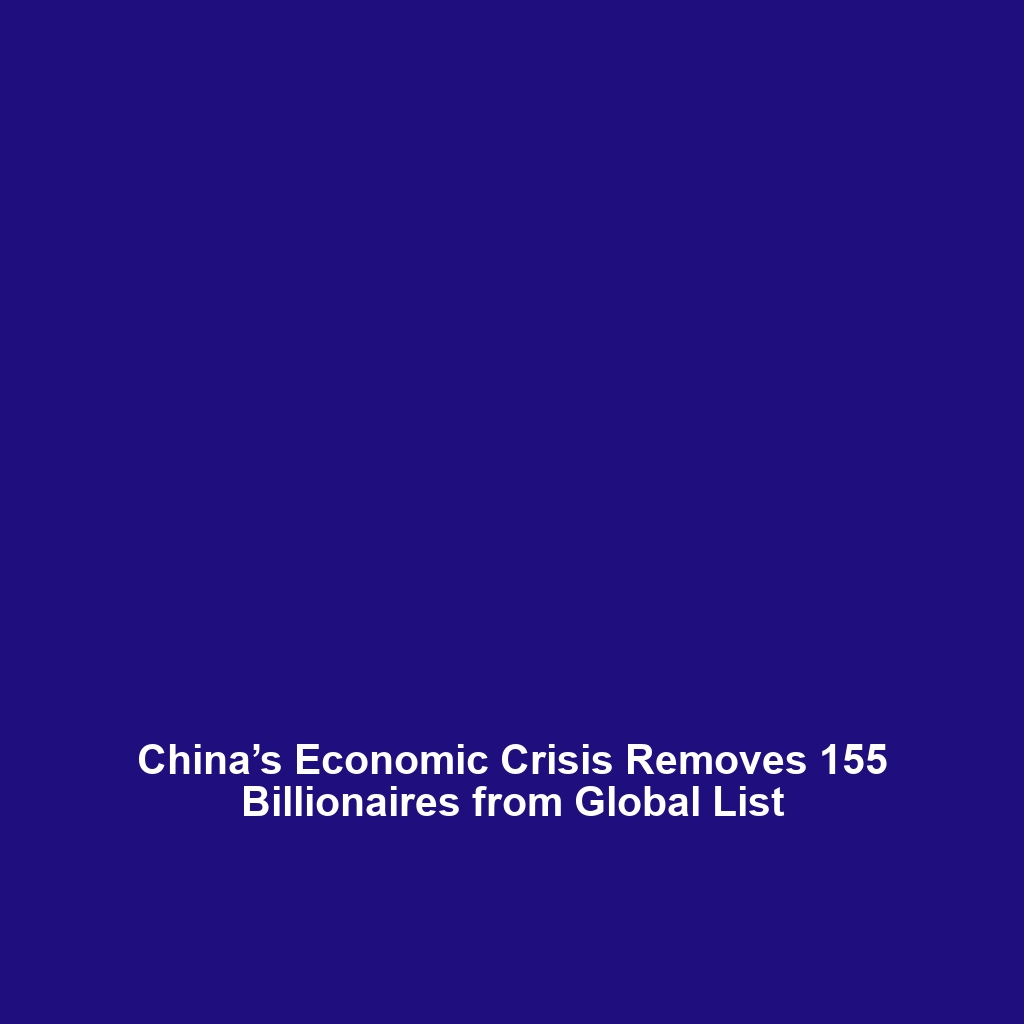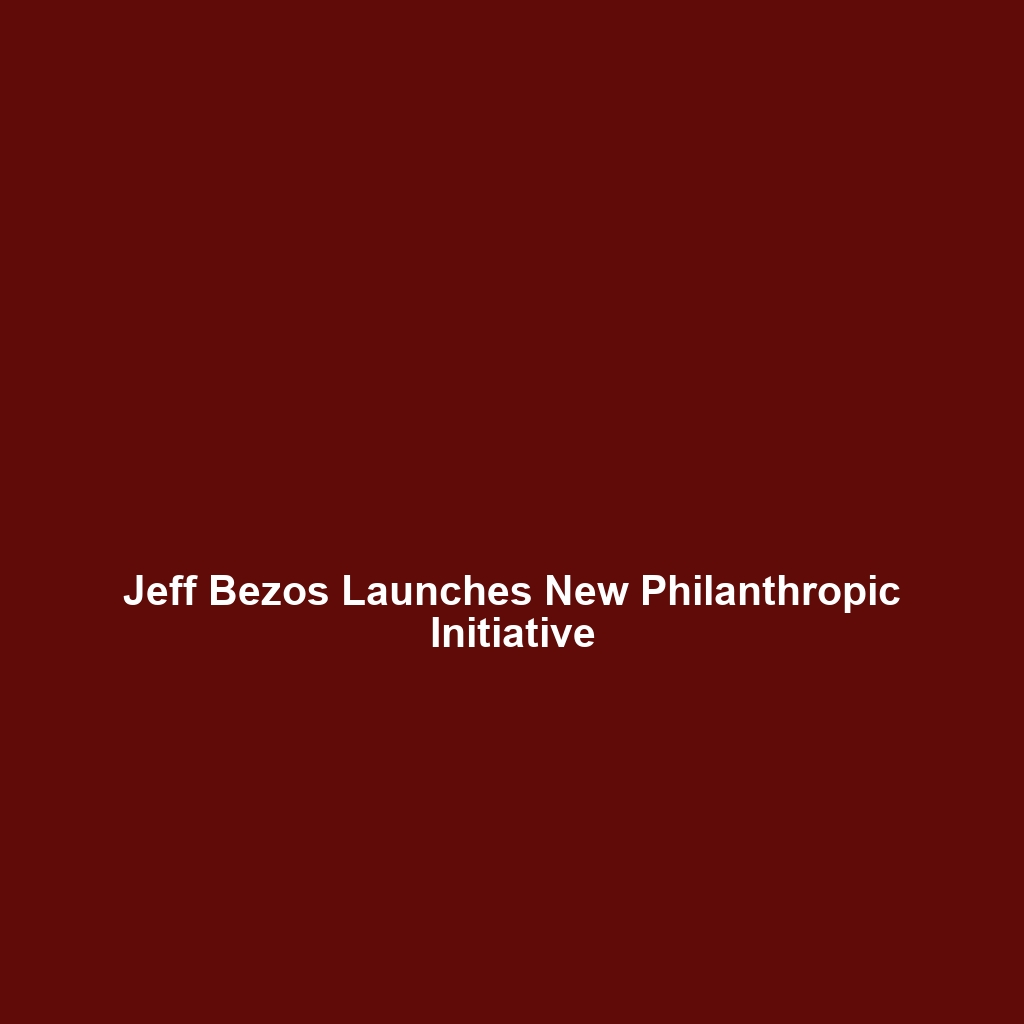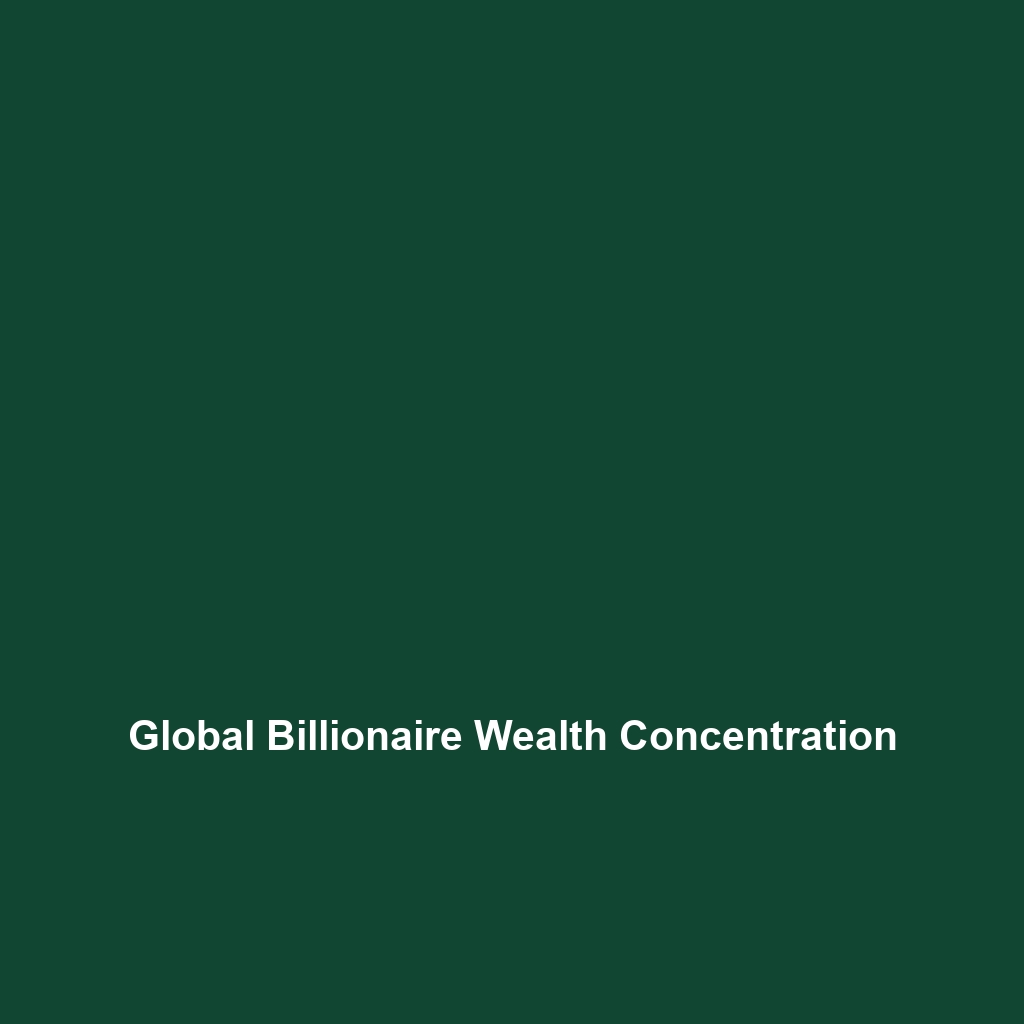Your cart is currently empty!
Tag: billionaires

David Geffen Buys Record-Breaking Yacht
David Geffen Buys Record-Breaking Yacht
David Geffen Buys Record-Breaking Yacht
Renowned music and entertainment mogul David Geffen has made headlines with his recent acquisition of a superyacht valued at an astonishing $500 million. This purchase is poised to set a new benchmark in the yacht industry, as it represents the largest private yacht sale recorded in 2024. The yacht, which has yet to be officially named, surpasses previous records held by other high-profile purchases in the competitive market of luxury maritime vessels.
Details of the Purchase
According to industry sources, Geffen finalized the transaction with a private sale in early September 2024. Details surrounding the yacht remain confidential; however, insiders indicate that it features state-of-the-art amenities, including luxury suites, a helipad, and expansive outdoor decks designed for optimal relaxation and entertainment. The vessel’s design is said to be inspired by some of the world’s most sought-after yacht builders, although the specific manufacturer has not been disclosed.
Yacht Market Insights
The luxury yacht market has experienced significant growth in recent years, driven by an increasing number of high-net-worth individuals seeking personalized maritime experiences. According to a report by Bloomberg, the global market for superyachts is projected to grow at a compound annual growth rate (CAGR) of 10% over the next five years. Factors contributing to this trend include a rise in wealth accumulation, especially among tech entrepreneurs, and the growing trend of remote work enabling individuals to invest in lifestyle changes.
Geffen’s purchase is indicative of this evolving market. As luxury becomes more accessible to an elite class of buyers, the appeal of owning a superyacht as both a status symbol and a means of leisure is becoming increasingly attractive. Similar purchases, such as that of Jeff Bezos, have drawn media attention and speculation regarding the future of yacht ownership among billionaires.
David Geffen: An Industry Pioneer
David Geffen is a towering figure in the entertainment industry, known for founding Geffen Records and co-founding DreamWorks SKG. His success has enabled him not only to dominate the music and film sectors but to also invest in various luxury assets, including real estate and art collections. Geffen’s foray into yacht ownership is seen as a continuation of his penchant for high-end investments.
“Geffen has always been ahead of trends in entertainment and luxury,” said Jane Smith, a luxury goods market analyst at the Luxury Institute. “This yacht purchase is not just about leisure; it reflects a broader trend where ultra-high-net-worth individuals are investing in experiences and assets that symbolize exclusivity and prestige.”
Public and Media Reaction
The announcement of Geffen’s yacht purchase has generated significant discussion on social media platforms and in financial circles. While many admire his bold investment, others criticize the extravagance amid ongoing economic uncertainty. Commentators have pointed out the stark contrast between the lifestyles of billionaires and the everyday realities faced by ordinary citizens, igniting conversations about wealth distribution and the implications of such lavish expenditures.
In a recent tweet, financial commentator Elena Rodriguez remarked, “It’s hard to reconcile the purchase of a $500 million yacht with the struggles facing many today. This could be seen as tone-deaf in these times.” However, supporters counter that such investments contribute to the economy through job creation within the luxury yacht sector.
Impact on the Luxury Yacht Sector
Geffen’s record-breaking acquisition is likely to have ripple effects within the luxury yacht market. Experts predict that the sale could trigger a surge in high-value yacht listings as wealthy individuals look to capitalize on the demand for luxury vessels. Builders and brokers may also increase their investments in innovation and design to cater to discerning clients, ensuring yachts are equipped with groundbreaking technology and unparalleled comfort.
“This purchase sets a precedence,” stated Liam Thornton, a luxury yacht broker. “When someone like Geffen makes such a significant investment, it validates the market potential for high-value vessels. Buyers are likely to see this as a signal that now is the time to invest in luxury yachts.”
Conclusion
David Geffen’s acquisition of a $500 million superyacht marks a significant milestone, not only for him personally but for the entire luxury yacht market. As the largest private yacht purchase of 2024, it underscores the ongoing growth in the sector and reflects the interests of ultra-high-net-worth individuals. The implications of this purchase extend beyond mere luxury items, raising discussions about wealth, economic disparities, and the evolving landscape of luxury investment.
The yacht’s unveiling and subsequent features are highly anticipated within both the luxury and business communities, as it promises to set new standards in superyacht design and ownership.

China’s Economic Crisis Removes 155 Billionaires from Global List
China’s Economic Crisis Removes 155 Billionaires from Global List
China’s Economic Crisis Removes 155 Billionaires from Global List
In a significant shift in the global wealth landscape, China’s ongoing economic downturn has led to the removal of 155 billionaires from the billionaires’ list compiled by Forbes in 2023. This decline is largely attributed to a series of economic challenges, including a surge in COVID-19 infections, a struggling real estate sector, and persistent inflationary pressures. As a result, the country’s billionaire count has reached its lowest level in nearly a decade.
Economic Context of the Billionaire Exodus
The removal of 155 billionaires reflects profound changes within China’s economy. According to Forbes, the total number of billionaires in China fell to 1,000, with the collective wealth of these individuals shrinking by $660 billion. Factors contributing to this decline include a prolonged slowdown in economic growth, which has fallen to its lowest rate in over three decades, coupled with external pressures such as rising interest rates and geopolitical tensions.
Impact on Key Industries
The impact of the economic crisis has been particularly severe in several key industries that historically generated significant wealth for entrepreneurs. The real estate sector, a staple of wealth accumulation for many billionaires, has been plagued by defaulting developers and declining property prices. Notably, real estate tycoon Hui Ka Yan, the founder of China Evergrande Group, saw his net worth plummet significantly, resulting in his departure from the billionaire rankings.
Moreover, technology giants have also faced scrutiny, with government regulations intensifying against large tech companies. This has directly affected prominent figures such as Jack Ma, the founder of Alibaba, who has faced challenges from government oversight that has impacted the company’s valuation.
Reactions from Financial Analysts
Financial analysts are closely observing these shifts, with many predicting that the decline in billionaire numbers could have far-reaching consequences for investment and economic recovery in China. Shang-Jin Wei, a professor at Columbia University and former chief economist of the Asian Development Bank, stated, “The loss of wealth among billionaires is reflective of broader economic pressures that could hinder investor confidence both domestically and internationally.”
Wei emphasized that the volatility in wealthy circles could signal a potential reduction in consumer spending and investment in China, which is crucial for economic rebound. As billionaires typically reinvest a significant portion of their wealth, their reduction in status may translate into decreased economic dynamism.
The Global Perspective on Wealth Redistribution
Globally, the reshuffling of China’s billionaire list signifies a broader trend toward wealth redistribution. As wealth concentration diminishes among elite classes in China, countries like the United States have seen an increase in their billionaire counts. For instance, Forbes reported that the United States added 36 billionaires to its list this year, highlighting the stark contrast in economic recoveries.
This international disparity may influence global investment patterns, prompting wealthier individuals to explore opportunities in markets perceived as more stable or favorable for growth. According to recent reports by Credit Suisse, the overall global wealth distribution continues to tilt towards developed nations, raising questions about the sustainability and long-term impact of these economic shifts.
Looking Ahead: What This Means for the Future
As China’s government grapples with these economic challenges, the path forward remains uncertain. Analysts suggest that structural reforms will be essential to restore confidence in the economy and curb the ongoing crisis. A key focus will likely be on regulations that support private enterprise while balancing state oversight to prevent market excesses.
Moreover, amidst the crisis, there are calls from economists like Michael Pettis, a finance professor at Peking University, for more sustainable growth strategies. “China needs to pivot towards domestic consumption and innovation rather than relying on property and investment-driven growth,” Pettis stated.
Conclusion
In summary, the removal of 155 billionaires from China’s wealth rankings not only highlights the depth of the nation’s economic challenges but also serves as a microcosm of the global shifts in wealth and investment patterns. As China strives to regain its economic footing, the implications of this billionaire exodus will likely resonate across markets and economies worldwide. Stakeholders will be keen to monitor how this evolving narrative affects both domestic and global economic prospects in the years to come.
For further reading on this topic, you may wish to explore additional articles on economic recovery strategies in China and the impact of wealth concentration on global economies.


